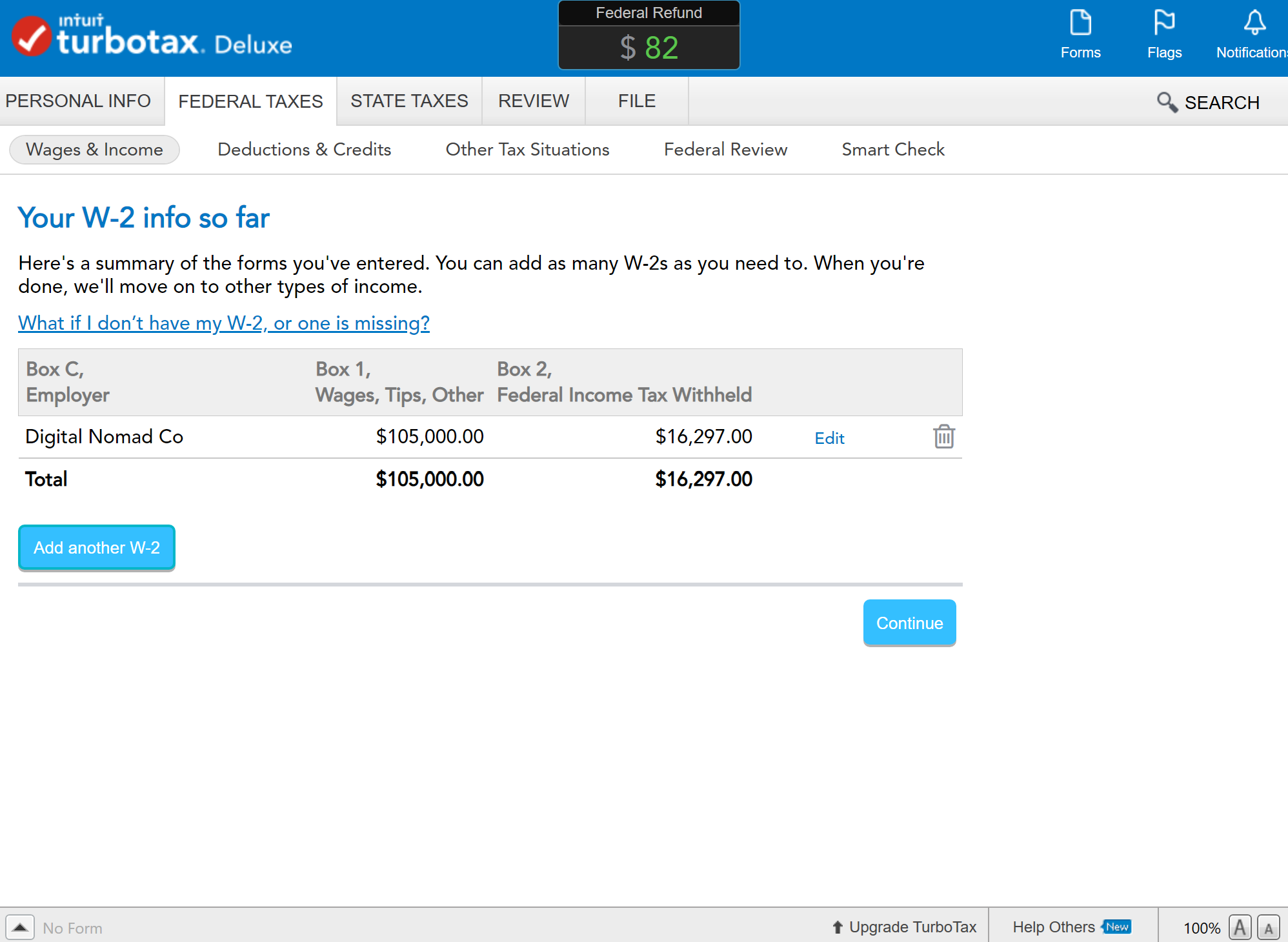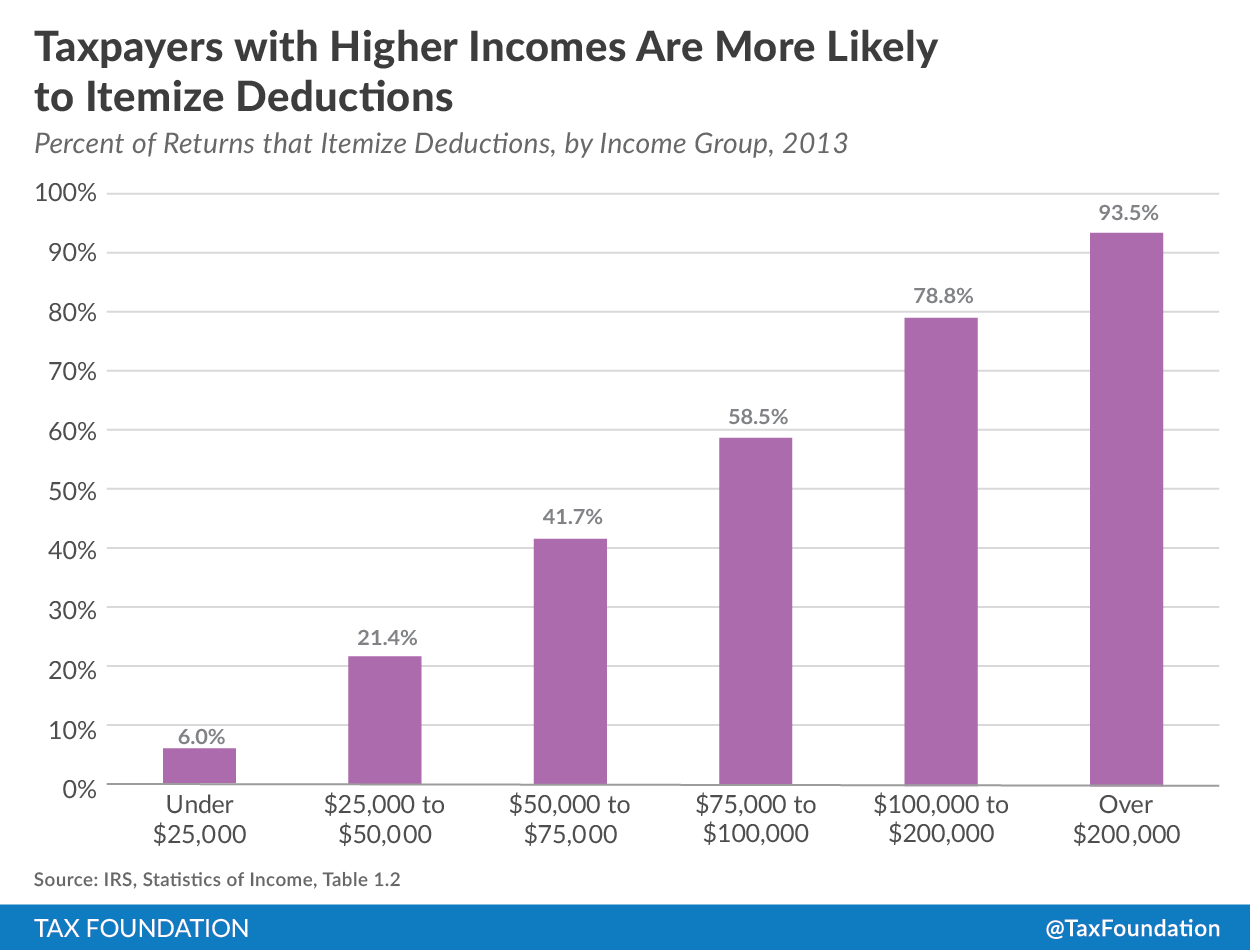Understanding how the FEIE Standard Deduction interacts with foreign-earned income
Wiki Article
Understanding the Foreign Earned Income Exemption and Its Influence On Your Typical Reduction
The Foreign Earned Earnings Exemption (FEIE) provides considerable advantages for expatriates, enabling them to leave out a section of their foreign-earned income from united state taxes. Asserting the FEIE can make complex one's tax scenario, particularly relating to the typical deduction. Understanding this communication is essential for individuals living abroad. As expatriates browse these intricacies, they must take into consideration how their options affect their total tax obligation obligation. What approaches can they use to enhance their economic end results?What Is the Foreign Earned Earnings Exemption (FEIE)?
The Foreign Earned Income Exclusion (FEIE) serves as a vital tax advantage for united state people and resident aliens functioning abroad. This stipulation permits qualified individuals to omit a considerable part of their foreign-earned income from united state taxes, properly reducing their overall tax burden. The FEIE aims to alleviate the monetary pressure on expatriates and encourages Americans to pursue employment chances in international markets. The exemption puts on incomes, incomes, and expert charges made while residing in an international nation. The optimal exclusion amount is readjusted each year for rising cost of living, making certain that it stays appropriate to present economic problems. By using the FEIE, expatriates can preserve even more of their earnings, cultivating economic security while living overseas. In general, the FEIE plays an important duty fit the monetary landscape for Americans abroad, facilitating a smoother change to international work settings and advertising economic involvement on a global scale.Qualification Demands for the FEIE
Eligibility for the Foreign Earned Income Exemption (FEIE) is contingent upon conference details requirements established by the Irs (INTERNAL REVENUE SERVICE) Mainly, individuals have to be U.S. people or resident aliens who earn earnings while residing in a foreign nation. To qualify, they have to please a couple of primary tests: the Physical Visibility Test or the Authentic Residence Test.The Physical Existence Test needs people to be literally existing in a foreign nation for at the very least 330 full days within a 12-month duration - FEIE Standard Deduction. On the other hand, the Authentic Residence Examination requires that people develop residency in a foreign country for an uninterrupted period that includes a whole tax obligation year
Furthermore, the income must be stemmed from personal solutions carried out in the international country. Meeting these demands permits taxpayers to leave out a significant part of their foreign-earned revenue from U.S. taxation, thus reducing their overall tax responsibility.
How to Declare the FEIE

To begin the process, people ought to gather documents that validate their international incomes, such as pay stubs, income tax return from foreign countries, and any type of pertinent employment agreement. It is essential to guarantee all earnings claimed under the FEIE is made from international sources and satisfies the required limits.
In addition, taxpayers should take into consideration filing target dates and any kind of possible extensions. Claiming the FEIE appropriately not only assists in decreasing tax responsibility but likewise guarantees conformity with IRS guidelines. Correct documents and adherence to standards are essential for a successful claim of the Foreign Earned Earnings Exemption.
The Communication In Between FEIE and Conventional Reduction
The interaction between the Foreign Earned Income Exclusion (FEIE) and the typical deduction is a necessary facet of tax planning for expatriates. Understanding the fundamental principles of FEIE, along with the limitations of the conventional reduction, can significantly affect tax filing methods. This area will certainly check out these aspects and their effects for taxpayers living abroad.FEIE Essentials Described
While lots of expatriates seek to minimize their tax obligation worry, comprehending the interaction in between the Foreign Earned Earnings Exclusion (FEIE) and the conventional reduction is essential. The FEIE permits united state people and resident aliens living abroad to exclude a particular quantity of foreign gained revenue from united state taxes. This exclusion can considerably reduce gross income, potentially impacting eligibility for various other deductions, such as the common deduction. Extremely, individuals who declare the FEIE can not likewise take the conventional deduction versus the left out earnings. Consequently, expatriates have to meticulously review their overall revenue and reductions to maximize their tax scenario. Understanding of these interactions can lead to even more informed economic decisions and better tax obligation strategies for migrants guiding through their one-of-a-kind situations.Standard Reduction Limitations
Understanding the restrictions of the common deduction in connection with the Foreign Earned Earnings Exemption (FEIE) is important for migrants maneuvering their tax obligation duties. While read what he said the FEIE allows certifying individuals to omit a certain quantity of foreign-earned income from U.S. taxes, it can affect the basic reduction they are qualified to insurance claim. Specifically, taxpayers who declare the FEIE can not additionally declare the basic reduction on that particular excluded earnings. In addition, if an expatriate's total income drops listed below the basic deduction limit, they might not benefit from it in any way. This interaction necessitates mindful planning to maximize tax obligation benefits, as underutilizing the typical reduction can result in higher gross income and enhanced tax obligation. Understanding these restrictions is important for reliable tax method.Tax Obligation Declaring Effects
Maneuvering the tax filing ramifications of the Foreign Earned Earnings Exemption (FEIE) needs careful factor to consider of exactly how it communicates with the basic deduction. Taxpayers making use of the FEIE can leave out a significant part of their foreign-earned earnings, yet this exemption influences their qualification for the standard deduction. Specifically, if an individual cases the FEIE, they can not also claim the basic deduction for that income. This can cause a reduced overall tax liability but my explanation may make complex the declaring process. Furthermore, taxpayers should ensure compliance with internal revenue service demands when filing Form 2555 for the FEIE. Understanding these interactions is vital for optimizing tax obligation advantages while preventing prospective pitfalls in the declaring procedure. Cautious preparation can make best use of benefits and decrease obligations.Potential Tax Obligation Ramifications of Using the FEIE
The Foreign Earned Income Exemption (FEIE) uses considerable tax benefits for united state citizens functioning abroad, yet it additionally comes with possible implications that call for cautious consideration. One major effect is the effect on qualification for certain tax obligation credit scores and deductions. By electing to utilize the FEIE, taxpayers might unintentionally reduce their modified gross revenue, which can limit accessibility to credits like the Earned Earnings Tax Credit scores or lower the quantity of standard deduction offered.
Additionally, individuals that make use of the FEIE might deal with problems when returning to the united state tax obligation system, specifically worrying the taxes of future income. The exclusion applies only to made income, implying other earnings types, such as returns or interest, remain taxable. This difference requires meticulous record-keeping to assure compliance. Finally, the FEIE may impact state tax commitments, as some states do not identify the exemption and might tax all income gained by their homeowners, despite where it is gained.
Tips for Optimizing Your Tax Obligation Benefits While Abroad
While working abroad can be enhancing, it also provides distinct opportunities to maximize tax obligation advantages. To make best use of these advantages, people must first identify their eligibility for the Foreign Earned Income Exemption (FEIE) and take into consideration the physical presence examination or the bona fide residence test. Maintaining in-depth records of all income made and expenditures sustained while abroad is essential. This paperwork supports claims for reductions and credit reports.In addition, understanding the tax obligation treaties between the United States and the host country can assist avoid dual taxation. People ought to additionally explore payments to tax-advantaged accounts, such as IRAs, which might supply more reductions.

Last but not least, consulting a tax professional specializing in expatriate tax obligation law can supply tailored methods and assurance compliance with both U.S. and international tax commitments. By taking these actions, expatriates can successfully enhance their financial situation while living abroad.
Often Asked Concerns
Can I Utilize FEIE if I Benefit an International Federal government?
Yes, an individual can utilize the Foreign Earned Income Exclusion (FEIE) while benefiting an international federal government, offered they fulfill the requisite conditions detailed by the internal revenue service, including the physical existence or authentic home examinations.
Does FEIE Apply to Self-Employment Revenue?
The Foreign Earned Income Exemption (FEIE) does relate to self-employment revenue, gave the specific satisfies the necessary requirements. Qualified independent individuals can leave out qualifying income made while living in a foreign nation from tax.What if My Foreign Revenue Surpasses the FEIE Restriction?
If foreign click this income surpasses the FEIE limit, the excess quantity may go through united state tax. Taxpayers need to report and pay taxes on the earnings above the exclusion threshold while still taking advantage of the exclusion.Can I Claim the FEIE and Make A List Of Deductions?
Yes, people can claim the Foreign Earned Revenue Exemption (FEIE) while additionally making a list of reductions. They should be mindful that claiming the FEIE may influence the availability of specific itemized reductions on their tax return.
Exactly How Does FEIE Influence My State Tax Responsibilities?
The Foreign Earned Earnings Exemption can reduce state tax responsibilities, as several states adhere to government guidelines. However, individual state regulations vary, so it's necessary to get in touch with state tax policies for certain ramifications on tax duties.The Foreign Earned Revenue Exclusion (FEIE) supplies substantial benefits for migrants, permitting them to leave out a section of their foreign-earned income from U.S. taxes. While many migrants look for to decrease their tax burden, recognizing the interaction in between the Foreign Earned Income Exemption (FEIE) and the standard deduction is crucial. Comprehending the limitations of the common deduction in connection to the Foreign Earned Revenue Exclusion (FEIE) is vital for expatriates maneuvering their tax obligations. The exclusion applies only to made income, implying other revenue kinds, such as rewards or interest, stay taxed. The Foreign Earned Revenue Exclusion (FEIE) does use to self-employment income, gave the private fulfills the necessary demands.
Report this wiki page